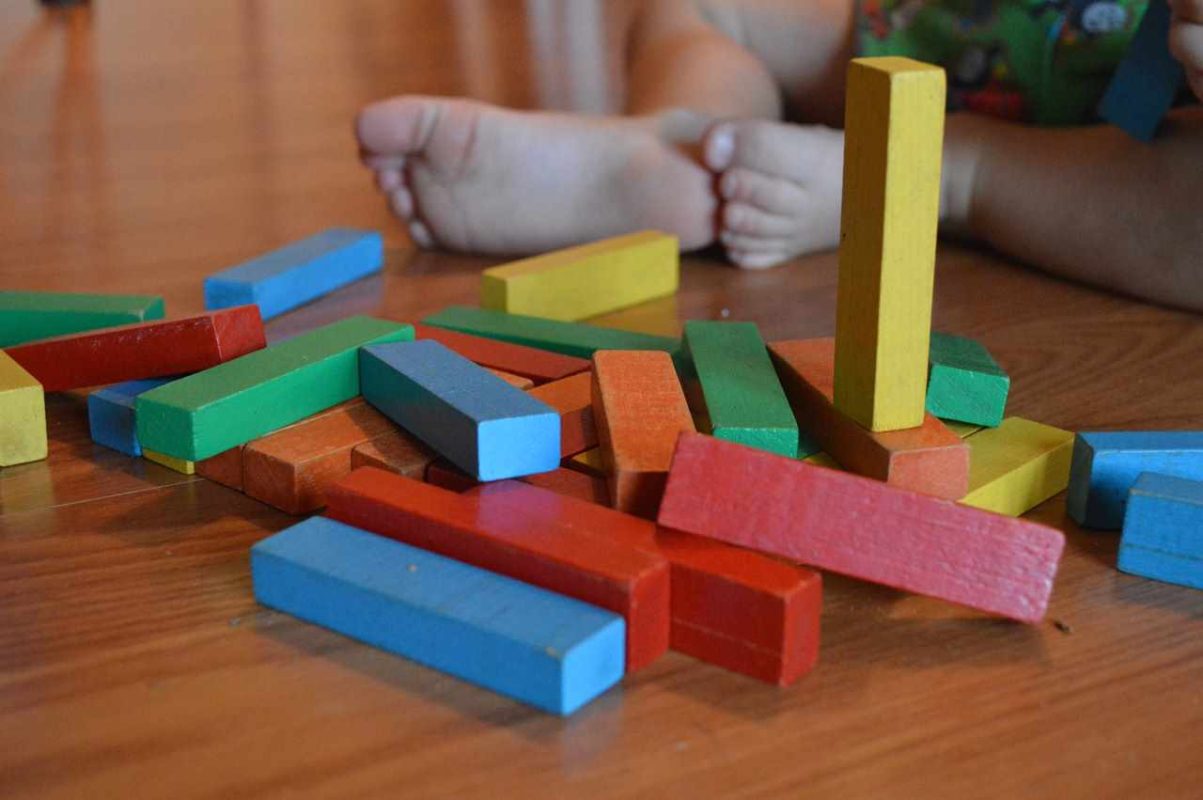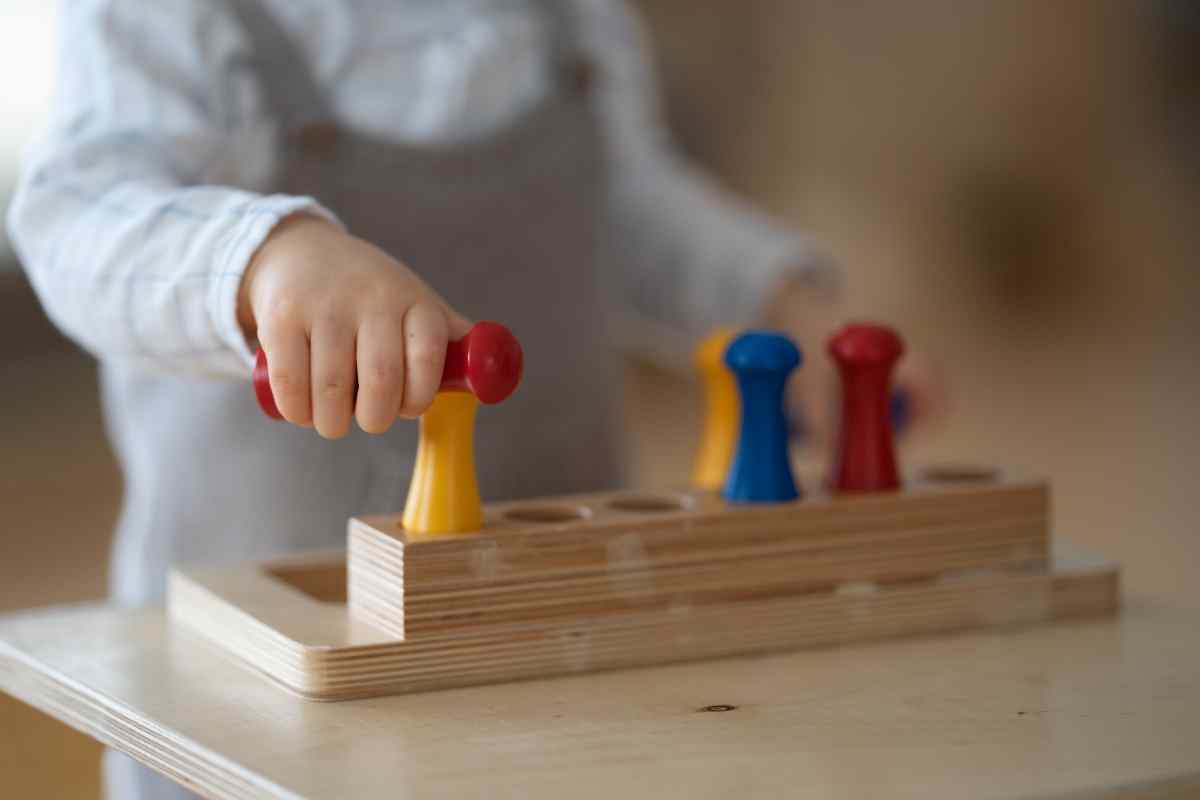Montessori education
Montessori Parenting Tips: Unlock the Secrets to Successful Child Development
Table of Contents
Introduction
Parenting is one of life’s most rewarding yet challenging journeys. As parents, we want nothing more than to nurture our children and set them up for success. This is where Montessori parenting principles can guide us.
Montessori parenting focuses on understanding and respecting your child’s unique development. It aims to foster independence, self-discipline, and a lifelong love of learning in children.
In this article, we will explore the key tenets of Montessori parenting and how to implement Montessori techniques at home. You’ll discover Montessori-inspired ideas for your children’s environment, activities, discipline, education and more. With these tips, you can help your child grow into a capable, confident and compassionate human being.
Understanding Montessori Parenting
The Montessori method was developed over 100 years ago by Dr. Maria Montessori. Through her work with children, Dr. Montessori realized that kids have an innate desire to learn. She created child-centered educational techniques focused on hands-on learning, independence, respect and peace.
Montessori parenting applies the same principles at home. The priorities include:
- Fostering independence – Allowing appropriate freedoms and teaching self-care skills
- Following the child – Observing your child’s interests and abilities vs pushing them
- Prepared environment – Setting up spaces catered to the child
- Meaningful activities – Educational toys and lessons that encourage active learning
- Peaceful discipline – Positive redirection and conflict resolution
Unlike traditional parenting, Montessori style is less authoritarian. Parent and child work together with mutual respect. Progress is achieved through intrinsic motivation rather than external rewards or punishments.
Getting Started with Montessori Parenting
You can introduce Montessori principles to your parenting approach at any age. For infants, focus on their sensory exploration and movement. For toddlers, set up engaging spaces and activities. Here are some tips:
- Start by reading Montessori books and online resources
- Evaluate your home environment – what can be adapted to be more child-friendly?
- Establish respectful discipline techniques like positive reinforcement
- Introduce Montessori materials like puzzles and stacking toys
- Create activity areas just for your child to explore independently
- Observe your child to learn about their development stage
The changes don’t have to happen all at once. Introduce Montessori ideas slowly and stick to what works best for your family.

Montessori Parenting by Age
Montessori parenting looks different depending on the child’s age. Here are some tips tailored to their developmental stages.
Infants and Toddlers
- Set up a safe play area with washable, colorful toys
- Provide activities to develop fine motor skills like grasping, pinching and transferring objects
- Engage the senses with varied textures, songs, and finger foods
- Encourage tummy time, crawling and cruising around furniture
- Establish a consistent but flexible routine for sleeping and feeding
- Respond to communication attempts with sign language and clear speech
Preschoolers
- Foster independence in dressing, eating, toileting and hygiene
- Rotate a variety of educational manipulative toys on shelves within reach
- Avoid over-structuring activities – allow for imaginative play
- Set clear limits and enforce them patiently and consistently
- Offer choices within limits and respect the child’s decisions
- Include children in household tasks like cooking, cleaning and gardening
Early Elementary Age
- Provide materials like puzzles, legos and experiments based on interests
- Schedule uninterrupted work periods for children to explore independently
- Set up inviting reading spaces and regularly visit the library together
- Assign responsibilities like pet care, organizing their space and helping schedule activities
- Limit TV time and monitor internet usage closely
- Continue teaching care of self, home and environment through daily routines
Montessori Discipline Techniques
A core part of Montessori parenting is peaceful discipline. The aim is to correct behavior while still showing unconditional respect. Useful techniques include:
- Establishing clear, consistent rules
- Speaking calmly and re-directing to appropriate activities
- Refraining from ultimatums and bribes
- Giving choices not commands (“You can pick up the toys or get ready for bed”)
- Avoiding excessive praise and criticism
- Modeling the behavior you want to see
- Creating a peaceful home environment
Discipline comes from within, so the goal is self-regulation, not obedience. Montessori parenting avoids harsh punishments and instead instills intrinsic motivation.
Montessori Education
Montessori education extends the principles into preschool and elementary school settings. Here are some options:
- Montessori schools – Private and public options offer authentic Montessori learning environments
- Montessori homeschooling – Use Montessori techniques to lead lessons at home
- Montessori workshops – Local programs teach parents how to apply methods at home
- Montessori books – Maria Montessori’s books explain the philosophy and teaching practices
Even if your child attends a conventional school, you can request Montessori materials and independent work periods. Every bit counts!

Balancing Montessori with Other Parenting Styles
Montessori complements many other parenting philosophies. It integrates well with:
- Authoritative parenting – Combining warmth with limits and accountability
- Positive parenting – Emphasizing praise, incentives and relationship-building
- Unconditional parenting – Avoiding punishment and shaming
Aim for a blend of approaches tailored to your family. For example, provide warmth and empathy along with Montessori’s independence and accountability.
Montessori Parenting and Screen Time
Managing screen time can be tricky. Maria Montessori did not account for modern technology! However, you can apply her wisdom in the following ways:
- Focus on hands-on educational activities over passive screen entertainment
- Set clear limits for age-appropriate media use
- Preview apps and TV to select quality content
- Avoid screens at meal times and 1 hour before bed time
- Monitor internet usage and social media closely as kids grow up
- Teach responsible use and balance over abstinence
The American Academy of Pediatrics offers these screen time guidelines by age. The key is mindful moderation.
Budget-Friendly Montessori
You don’t need fancy expensive toys to reap the benefits of Montessori parenting. Many activities can be DIY or budget-friendly.
Affordable Montessori materials:
- Wooden popsicle sticks, beads, pom poms and pipe cleaners
- Nature items like pinecones, shells, pebbles, leaves
- Household items like spools, jars, sieves, tweezers
- Scarves, strings, and pipettes for motor skills
- Photo albums, magazines, maps and postcards
You can also make DIY toy rotations and activity boards. Focus more on the lessons than the products.
Montessori Parenting Success Stories
Montessori parenting leads to positive outcomes when applied consistently. Here are some real-world examples:
“We started Montessori practices with our daughter when she was 3. She is now 8 and continues to thrive. Montessori has nurtured her self-discipline, independence, and love of school.”
“I was skeptical, but the Montessori toys really engage my toddler. He can play independently for 30-60 minutes with activities he chooses himself from low shelves.”
“Our Montessori elementary school provides mixed-age classrooms and incredible materials. My kids are so motivated and teach themselves.”
“Even just having a Montessori shelf at home helped my 2 year old with focus and concentration. She sees chores as fun and meaningful.”
With patience and consistency, Montessori parenting can reap huge developmental benefits.
Common Misconceptions
Some common misconceptions about Montessori include:
Myth: Montessori parenting is permissive and lacks discipline.
Fact: Montessori utilizes peaceful discipline focused on mutual respect, consistency, and natural consequences.
Myth: It requires expensive specialty toys and materials.
Fact: Many activities can be DIY, and the main focus is on the lessons learned.
Myth: Montessori is unstructured and chaotic.
Fact: Montessori classrooms are thoughtfully prepared and children work purposefully.
Myth: Children will get bored without entertainment and electronics.
Fact: Montessori materials engage kids in hands-on learning and foster deep concentration.

Conclusion
Montessori provides an invaluable set of principles to guide parenting. The techniques foster independence, discipline, and a lifelong passion for learning.
To recap, essential Montessori parenting tips include:
- Allowing appropriate freedoms
- Providing purposeful activities
- Setting up engaging environments
- Implementing peaceful discipline
FAQs
What is Montessori parenting?
Montessori parenting is an approach based on the educational philosophy of Dr. Maria Montessori. It emphasizes fostering independence, respecting a child’s natural development, and providing a nurturing environment at home. Core principles include child-led learning, hands-on activities, and peaceful discipline techniques.
How does Montessori parenting differ from traditional parenting?
Montessori parenting utilizes less authoritarian methods compared to traditional parenting styles. There is more focus on following the child’s lead rather than dictating activities. Montessori discipline aims to correct behavior through positive redirection rather than punishments.
At what age should I start implementing Montessori principles?
Montessori principles can be implemented at any age. For infants, focus on sensory exploration. For toddlers, set up engaging spaces and materials. As children grow, nurture independence in self-care, chores and learning.
What are the key elements of a Montessori home environment?
A Montessori home features accessible shelving with a thoughtful rotation of educational toys, designated activity areas, materials catered to the child’s development level, and minimized clutter.
Are there specific toys recommended for Montessori parenting?
Popular Montessori toys include stacking boxes, Object Permanence Boxes, pouring activities, peg boards and puzzles. Many schools sell Montessori-approved toy kits by age range.
How can Montessori principles be applied to discipline?
Montessori discipline focuses on setting clear limits, redirecting to positive activities, avoiding ultimatums, giving choices, and addressing the root causes of behaviors. Harsh discipline is avoided.
Are there Montessori schools for parents to learn more?
Many Montessori schools offer parent education nights along with private consultations. Local Montessori parenting groups also provide workshops and resources.
Can Montessori parenting be combined with other parenting styles?
Yes, Montessori complements many parenting styles like authoritative, positive, and unconditional parenting. Aim for a blended approach that fits your family.
References
https://carrotsareorange.com/montessori-parenting/
https://www.parentingforbrain.com/montessori-parenting/
https://montessori-academy.com/blog/ways-to-montessori-parenting/
https://www.guidepostmontessori.com/blog/montessori-for-babies-complete-beginners-guide
https://montoddler.com/blogs/guides/the-ultimate-montessori-parenting-guide

